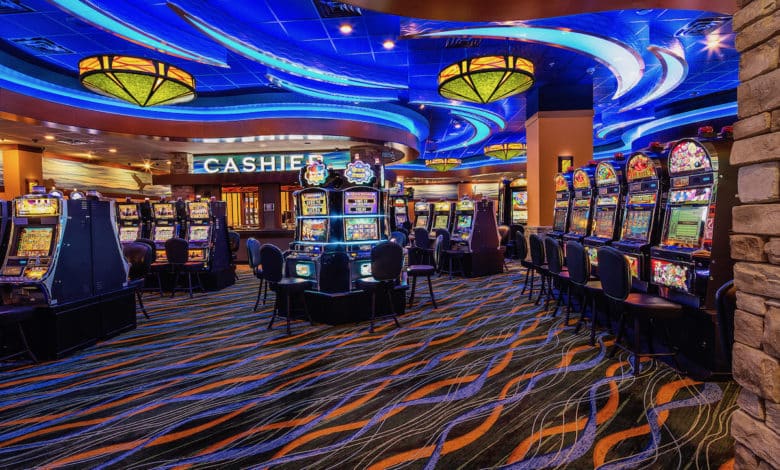Governor Puts to Test the Power of Tribal Gaming in Oklahoma

This content has been archived. It may no longer be relevant
Oklahoma’s history is deeply engraved with the 39 Native American tribes that have been part of the population there. At times the relationship between the resident native tribes and Oklahoma has been strenuous, but the one agreement that has been accepted by both the parties with open hands and has remained undisputed is the pact to develop gambling in the state.
Ever since the tribes acquired exclusive right to run casinos, Native American gambling has been the factor behind the sensational economic rise in Oklahoma. There are several casinos; some complexes are of the magnitude present in Las Vegas. These generate revenue of more than $2 billion a year, of which $139 million went to the state treasury last year.
The money earned through gambling arcades has not only changed the tribes’ economic status, but it has also increased their political powers, which Oklahoma’s new Republican governor recently got to taste. After Governor Kevin Stitt had a tiff with tribal leaders, he and his political supporters are facing the wrath of the tribal; the impact of which is not only faced by the state’s Native American population, but also by the economy of many other Oklahoma towns.
The dispute arose when Stitt, a businessman who came into position last year, announced plans to renegotiate the state’s share in the revenue earned by casinos. The state’s share presently ranges between 4-10%, which is mostly used to fund schools. This announcement was like a bolt from the blue for the tribes, who then started an advertising and political campaign against the idea.
It is still unclear as to how this standoff is going to end. Governor Stitt asserts that the present revenue agreement is valid till January 1, whereas the tribes say that it will renew on its own.



